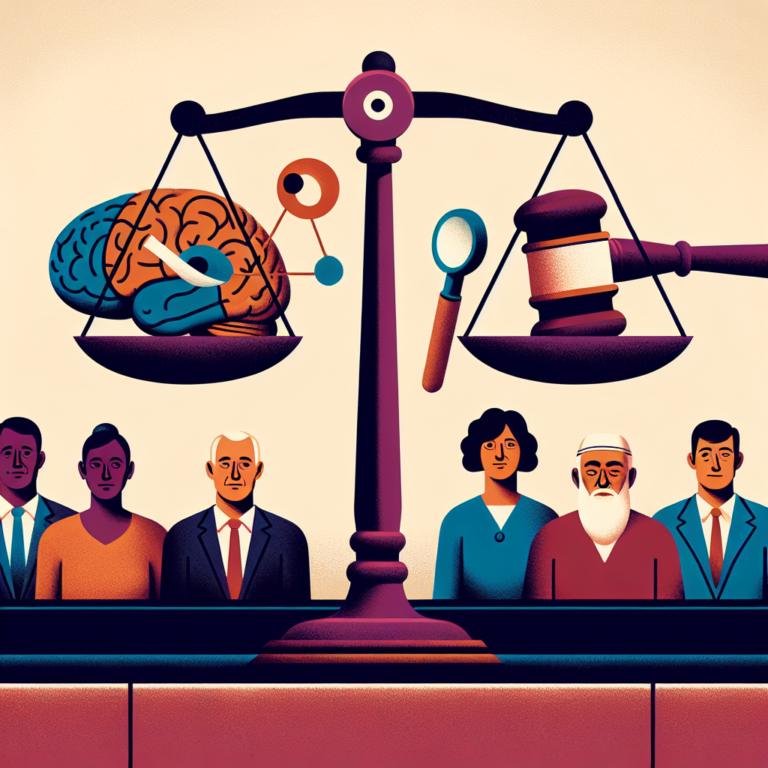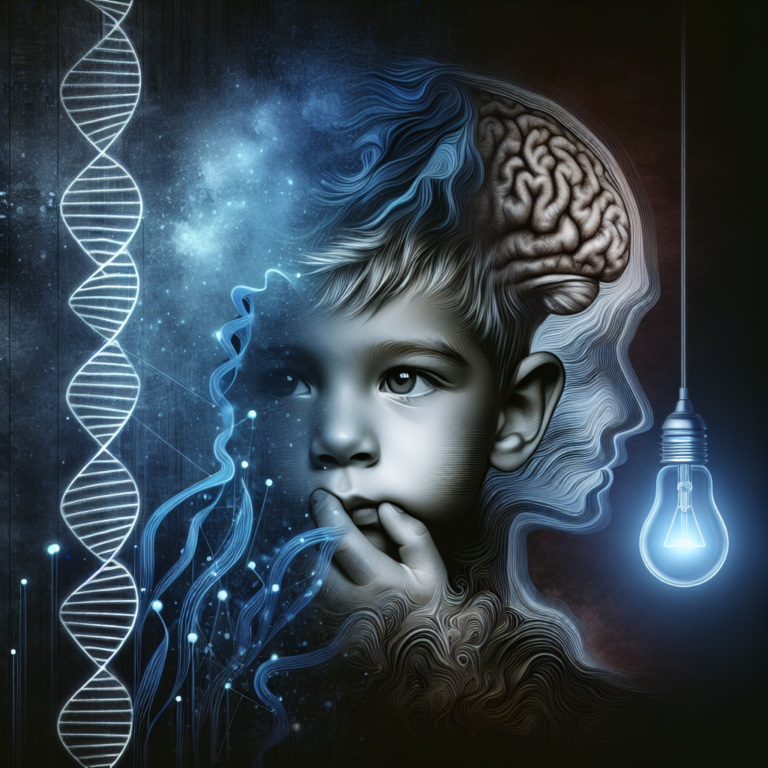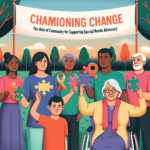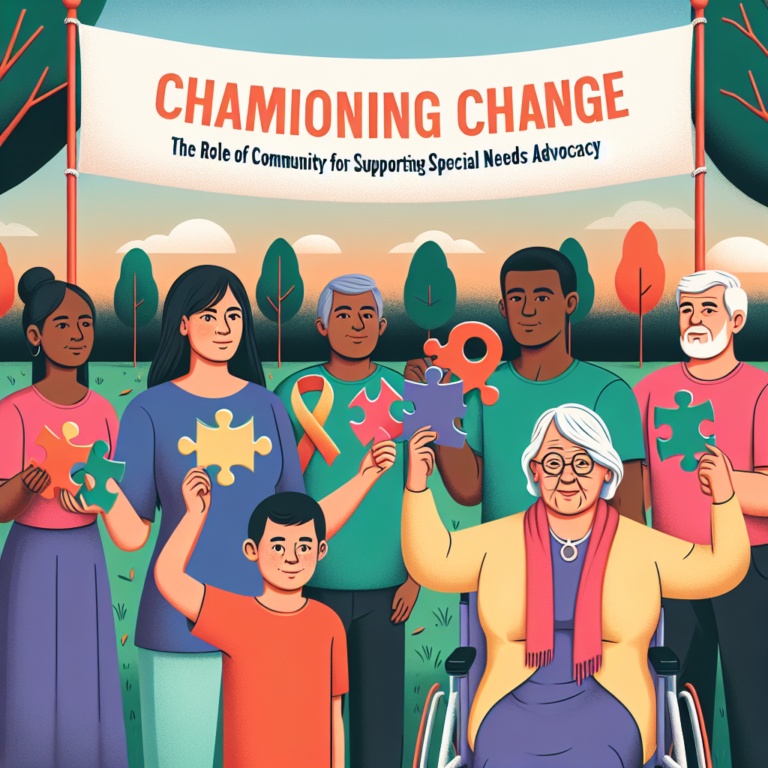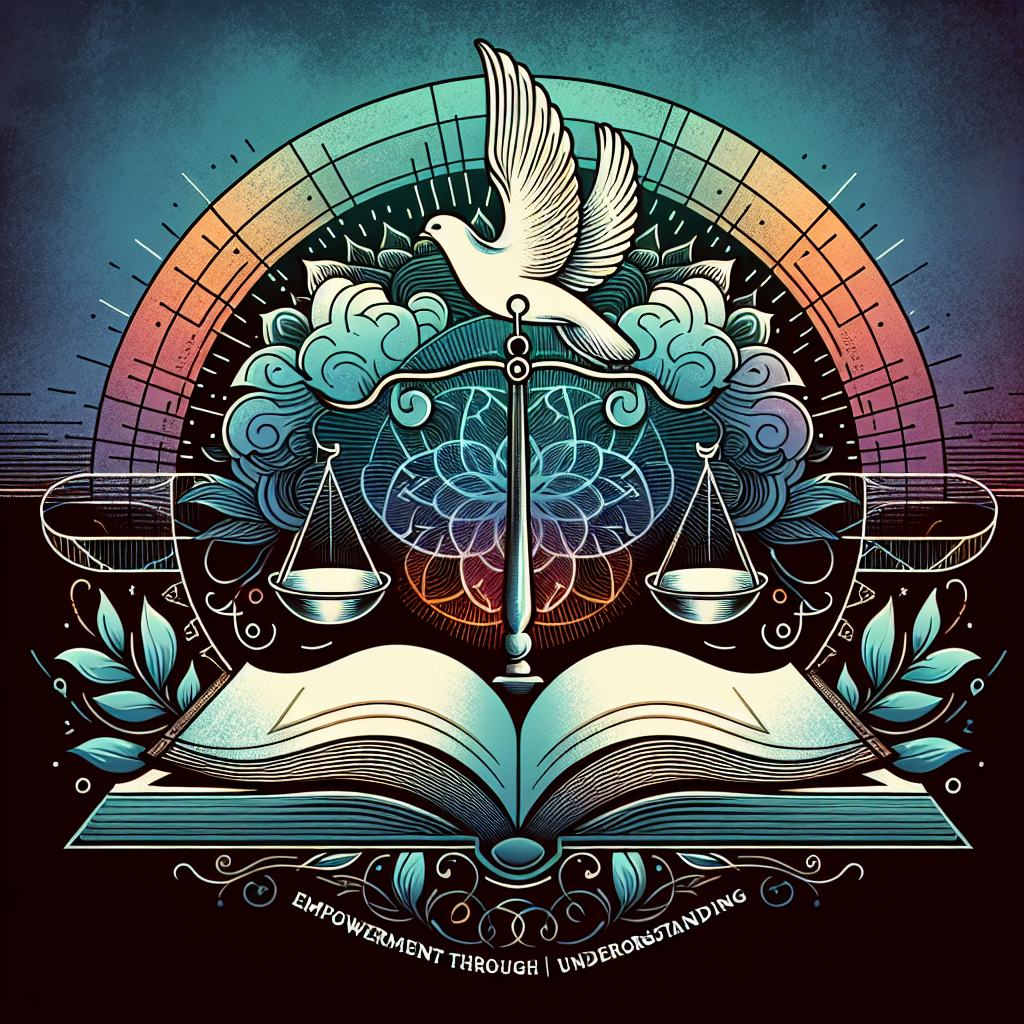
Introduction
Imagine a world where victims not only receive justice but also find empowerment through their experiences. This vision encapsulates the transformative power of victimology—the study of victims and the psychological effects of crime on them. Understanding the role of victimology in justice is essential. It not only sheds light on the complexities of victim experiences but also offers pathways to restoration and empowerment. In today’s society, where crime and its repercussions are ever-present, the concept of "Empowerment Through Understanding: The Role of Victimology in Justice" serves as a guiding principle toward achieving a more compassionate and equitable justice system.
The traditional justice model often overlooks the voices and needs of victims. However, as we delve deeper into victimology, we uncover a vital framework that enhances the justice system while advocating for the rights and dignity of victims. This article explores the foundational aspects of victimology, highlights its significance in modern justice practices, and illustrates its power through real-world case studies.
The Foundations of Victimology
What is Victimology?
Victimology originated as a field within criminology that focuses on the victim’s experience rather than solely on the offender’s actions. It seeks to understand the psychological, emotional, and social impacts of crime on individuals and communities. Victimology not only examines who becomes a victim, but also identifies patterns of victimization, societal responses, and the opportunities for advocacy and support.
Key Concepts in Victimology
- Victimization: The process through which individuals experience crime-related harm.
- Secondary Victimization: The additional trauma that victims may face from legal processes or societal responses.
- Restorative Justice: A paradigm shift aimed at repairing the harm caused by crime through facilitated dialogue and accountability.
Understanding these concepts is critical to fully grasp the essential role that victimology plays in justice.
The Importance of Understanding Victimology in Justice
The Shift Towards Victim-Centered Approaches
For decades, many legal systems focused intently on the perpetrator, often leaving victims unheard and unsupported. This one-dimensional approach neglects the psychological and emotional fallout experienced by victims. Recognizing the importance of victimology allows for a paradigm shift toward victim-centered approaches, paving the way for justice systems that prioritize healing and empowerment.
Case Study: The Role of Victim Advocacy in the Case of Marissa Alexander
Marissa Alexander, a woman charged with firing a warning shot to deter her abusive husband, experienced not only the criminal justice system’s punitive measures but also a lack of understanding regarding her victimization. Her case highlighted the importance of victim advocacy and support systems, emphasizing the need for laws that recognize the unique circumstances of victims of domestic violence. Victimology provides the tools for advocates to work with victims like Alexander, fostering an understanding of their plight and guiding them through the legal labyrinth.
Empowerment Through Understanding Victimology
Empowerment through understanding is the cornerstone of effective victimology practice. By educating victim services providers, law enforcement officials, and the judicial system about the nuances of victim experiences, we create a supportive environment where victims can reclaim their narratives.
Table 1: Benefits of Victim-Centered Approaches
| Benefit | Description |
|---|---|
| Improved Healing | Victims feel heard and validated, aiding recovery. |
| Reduced Secondary Victimization | Minimizing re-traumatization during legal processes. |
| Enhanced Trust | Strengthening the relationship between victims and the justice system. |
Systemic Barriers to Victim Empowerment
While there are benefits to understanding victimology, systemic barriers still exist. Many victims face challenges, such as inadequate resources, stigma, and legal complexities. Ensuring accessibility to support services and legal protection is vital for empowering victims.
Case Study: The Struggles of Sexual Assault Survivors
The experiences of sexual assault survivors often illustrate the systemic hurdles within the justice system. Many victims face disbelief, victim-blaming, and insufficient support when navigating the legal process. Understanding these challenges through the lens of victimology helps advocates and lawmakers to create more effective measures that nurture empowerment and justice.
Best Practices: Implementing Victim-Centered Solutions
Creating Supportive Environments
One of the most effective strategies in fostering empowerment through understanding is the establishment of victim support centers. These centers provide essential services, including counseling, legal assistance, and educational resources tailored to the specific needs of victims.
Case Study: The Success of Community-Based Victim Services
Community-based victim services like RAINN (Rape, Abuse & Incest National Network) offer comprehensive support systems that exemplify victim-centered approaches. Their advocacy efforts demonstrate how tailored services can empower victims by fostering connection and understanding, allowing them to regain control over their lives.
Training and Awareness Programs
Education plays a critical role in transforming perceptions about victims and accountability. Law enforcement agencies and judicial systems must prioritize training focused on the principles of victimology, emphasizing compassion and understanding.
Table 2: Key Topics for Victimology Training Programs
| Topic | Description |
|---|---|
| Trauma-Informed Care | Understanding the effects of trauma on victims. |
| Victim Rights and Resources | Educating stakeholders about available support. |
| Effective Communication | Enhancing interaction to foster rapport and trust. |
Legislation and Policy Reform
Establishing supportive legislation is fundamental. Advocates and policymakers must work together to develop laws that strengthen victim representation and rights, ensuring that their voices are heard within the justice process.
Case Study: The Violence Against Women Act (VAWA)
The Violence Against Women Act (VAWA) in the United States exemplifies the power of legislation to protect victims. By providing resources for survivors, this act underscores the significance of understanding victim experiences and ensuring comprehensive support. Its continuous evolution highlights the ongoing commitment to victim empowerment through informed policies.
Conclusion
The journey toward justice cannot be complete without acknowledging the experiences of victims. The phrase "Empowerment Through Understanding: The Role of Victimology in Justice" captures the essence of a transformative approach within the legal and social landscape. By integrating victimology into justice practices, we empower victims, foster healing, and ultimately create a more just society.
As we move forward, we must remain committed to education, advocacy, and systemic change. By prioritizing the voices of victims and enhancing our understanding of their unique experiences, we not only contribute to their empowerment but also enhance the integrity of our justice systems.
FAQs
1. What is victimology?
Victimology is the study of victims and the impact of crime on them, focusing on their experiences, needs, and the societal response to victimization.
2. How does victimology contribute to justice?
Victimology promotes a victim-centered approach that empowers victims, acknowledges their experiences, and seeks to integrate their voices within the justice system.
3. What are some common barriers faced by victims?
Victims may encounter systemic barriers such as disbelief, victim-blaming, inadequate resources, and a lack of support during legal proceedings.
4. How can communities support victims?
Communities can establish victim support centers, provide education on victim rights, and create awareness campaigns to foster a culture of understanding and empathy.
5. What role does legislation play in victim rights?
Legislation, like the Violence Against Women Act, plays a critical role in protecting victims and ensuring they have access to resources and support, thereby facilitating empowerment and healing.
By embracing the concept of "Empowerment Through Understanding: The Role of Victimology in Justice," we can lay the groundwork for a justice system that truly upholds the dignity and rights of every victim.






